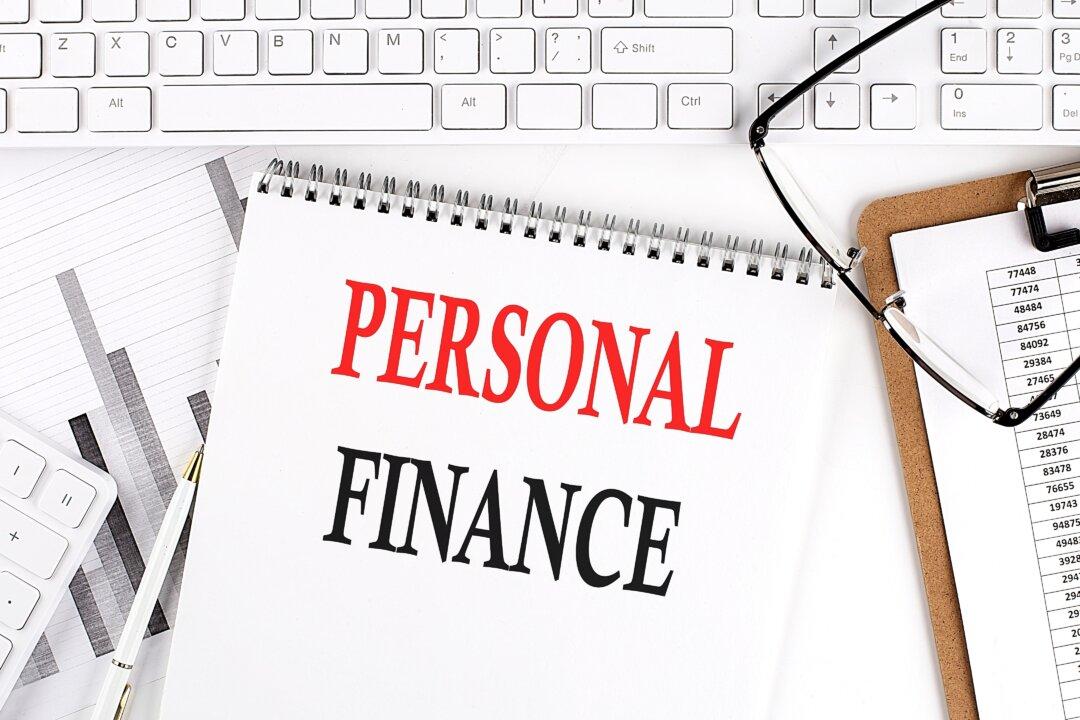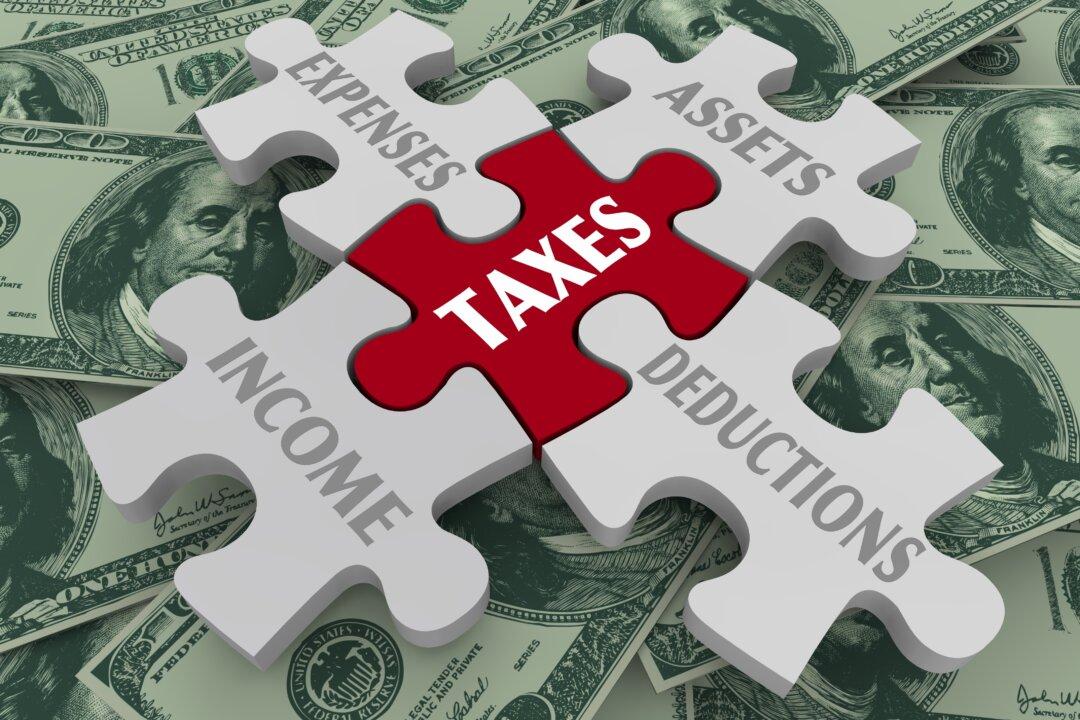Personal finance can be complex and challenging. It takes diligence, determination, and discipline. It also takes knowledge and understanding, without which we find ourselves being caught and trapped without the money to pay for the car repair, without enough saved for retirement, with too much debt to make all the payments, without the ability to help a loved one who also desperately needs financial help from us.
Good personal finance habits are acquired through education and experiences. In fact, it will be the mistakes you make that will teach you the most when it comes to money management. The investment that was popular and had so much momentum that it seemed everyone was getting rich … until you finally jumped in. The house you bought because even though you couldn’t afford it, you didn’t want to watch prices continue upward, and you figured you could use the future newly accumulated equity if you ever found yourself in trouble making the mortgage payments. The car that could only be afforded with an 84-month lease or payment plan.






